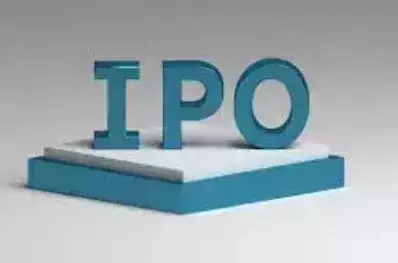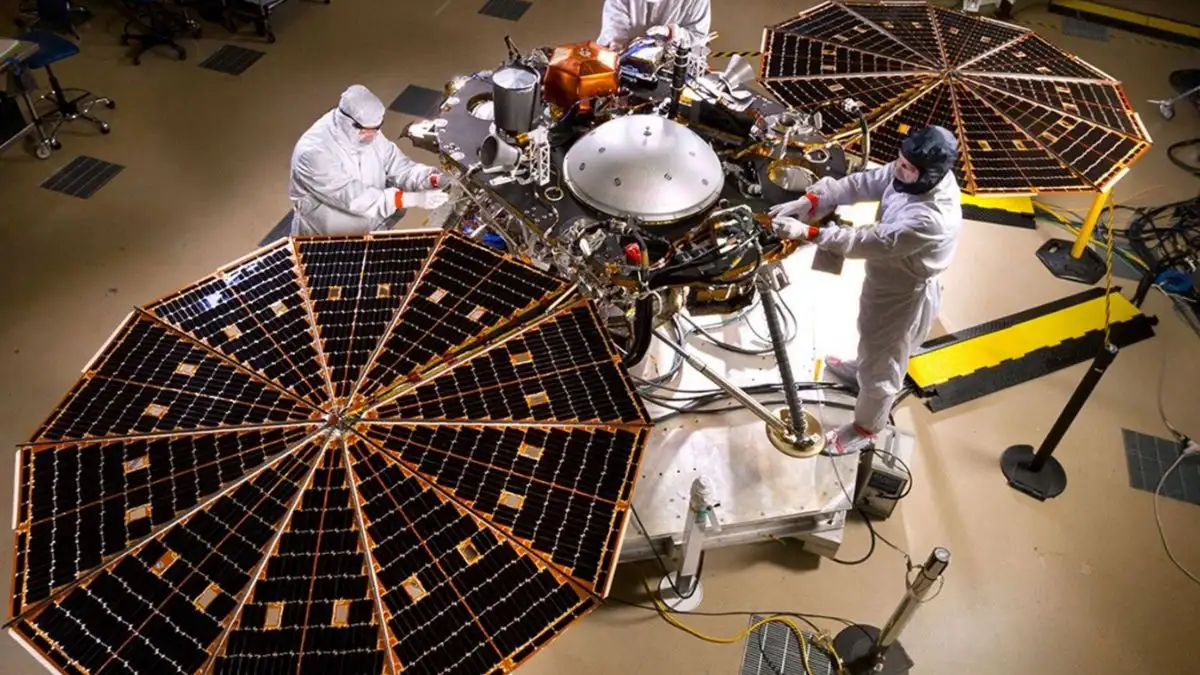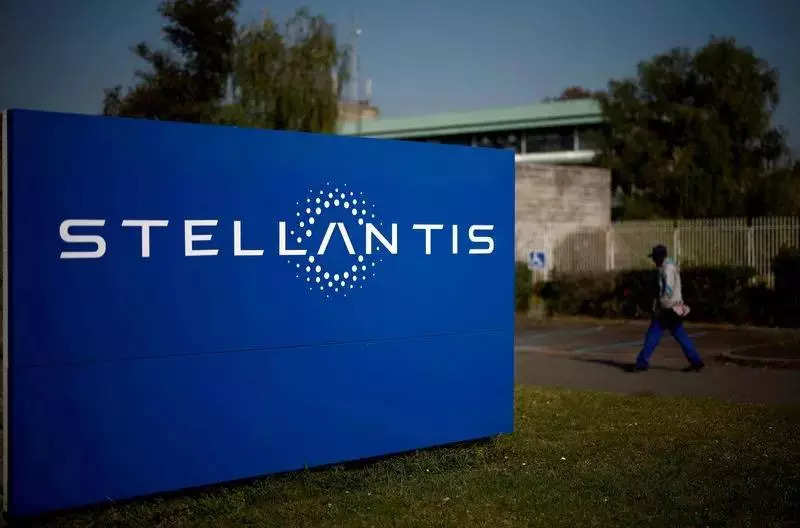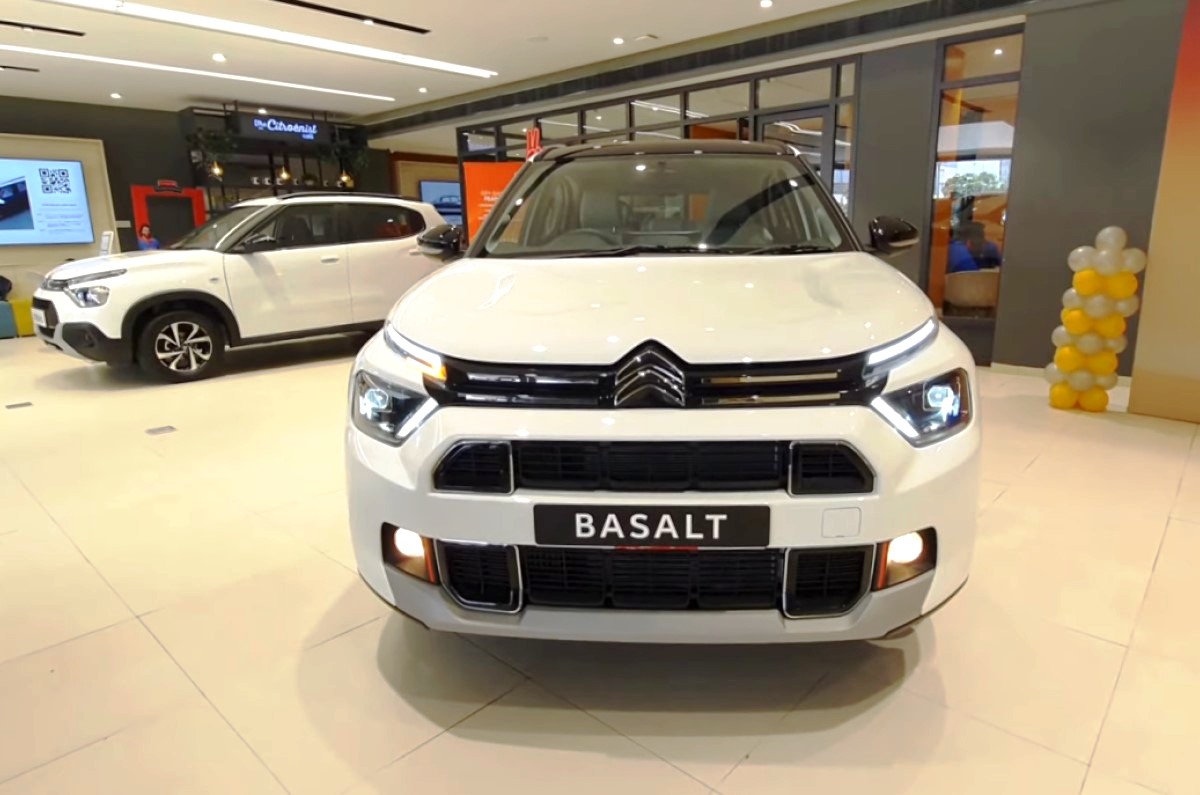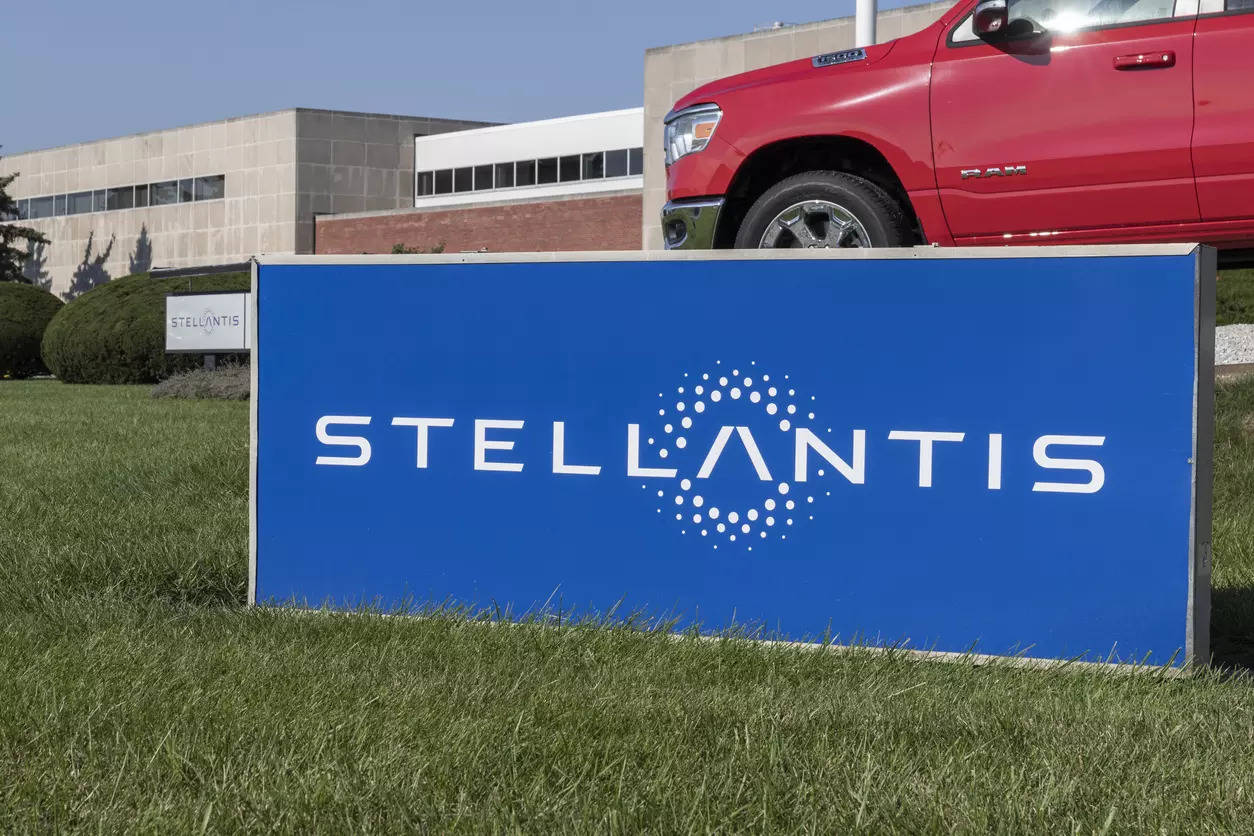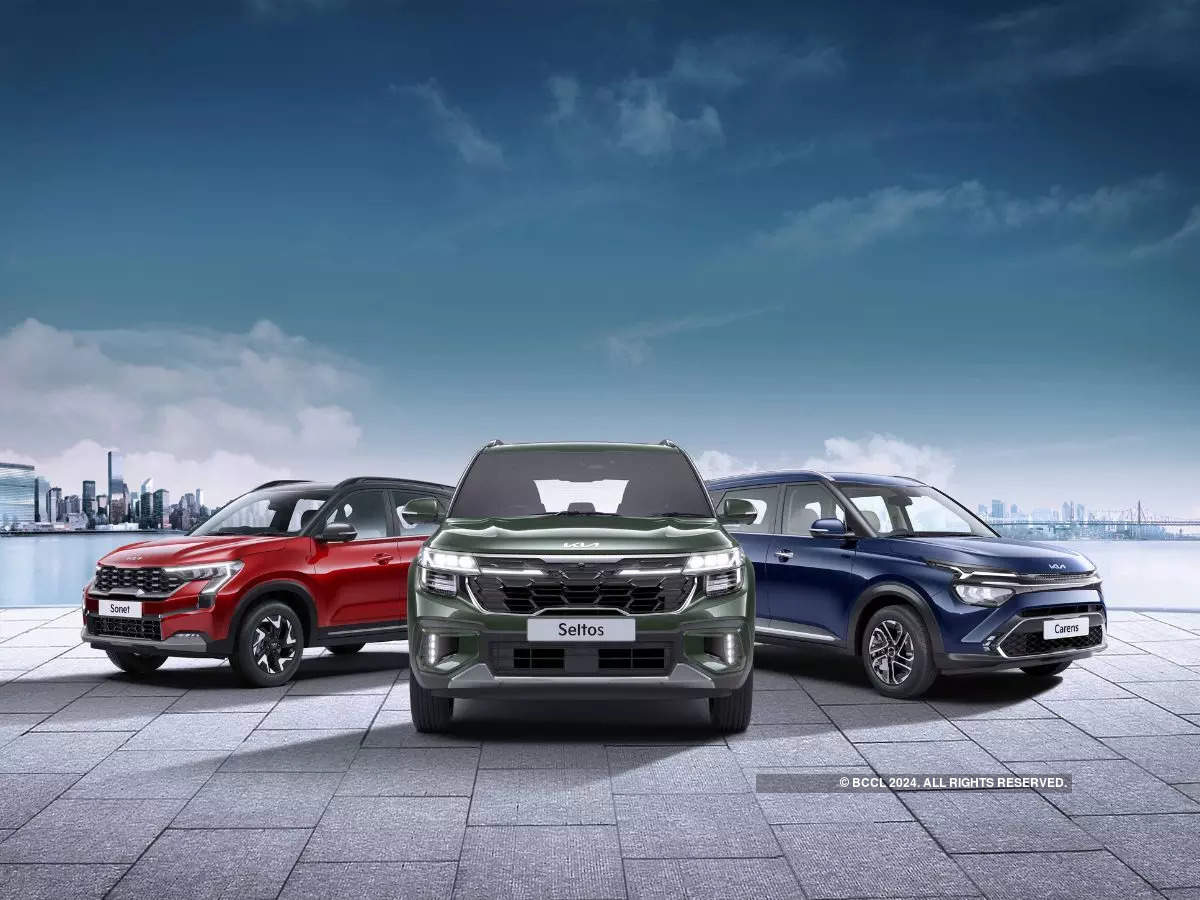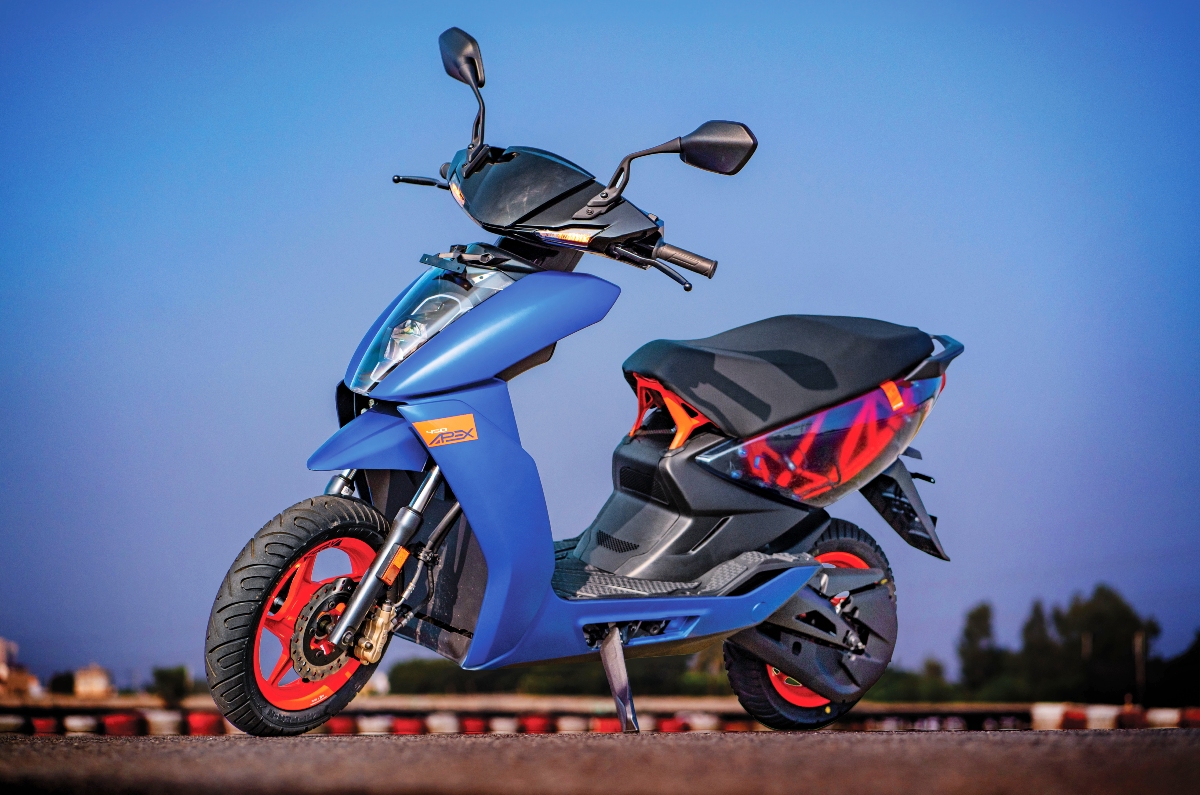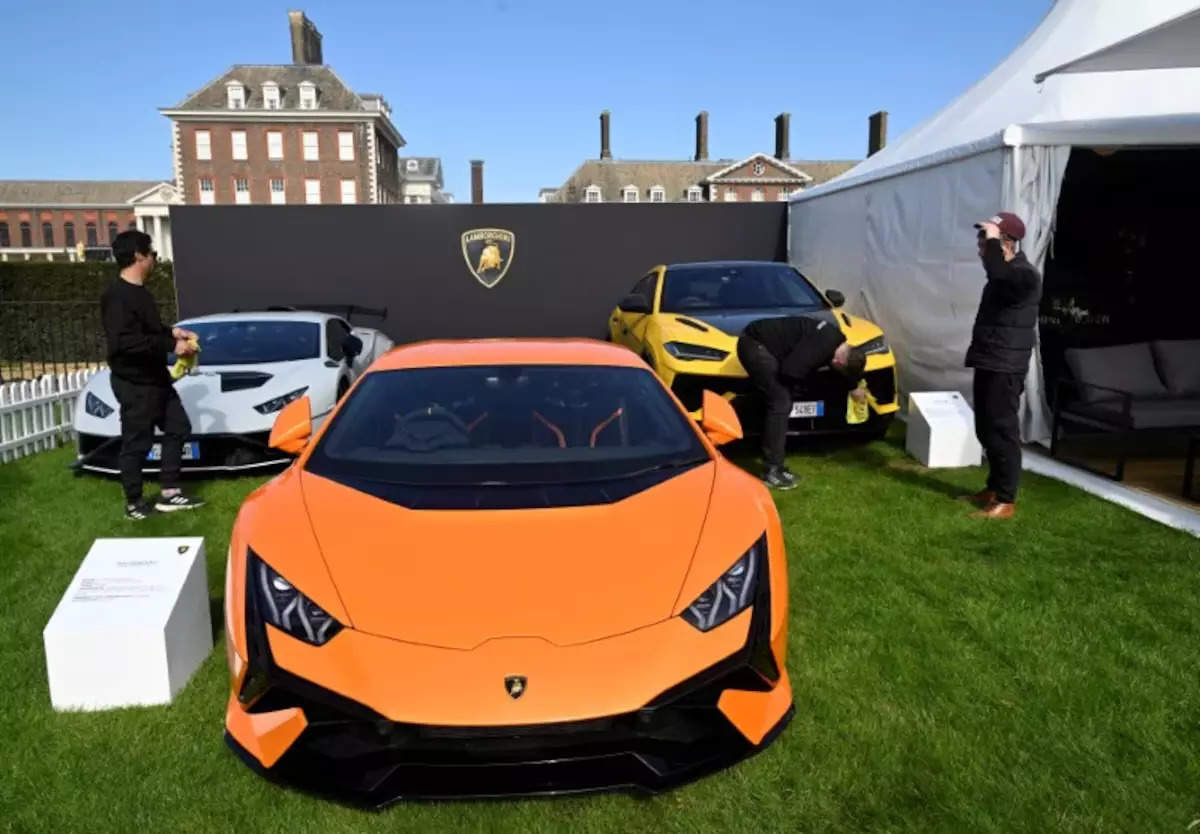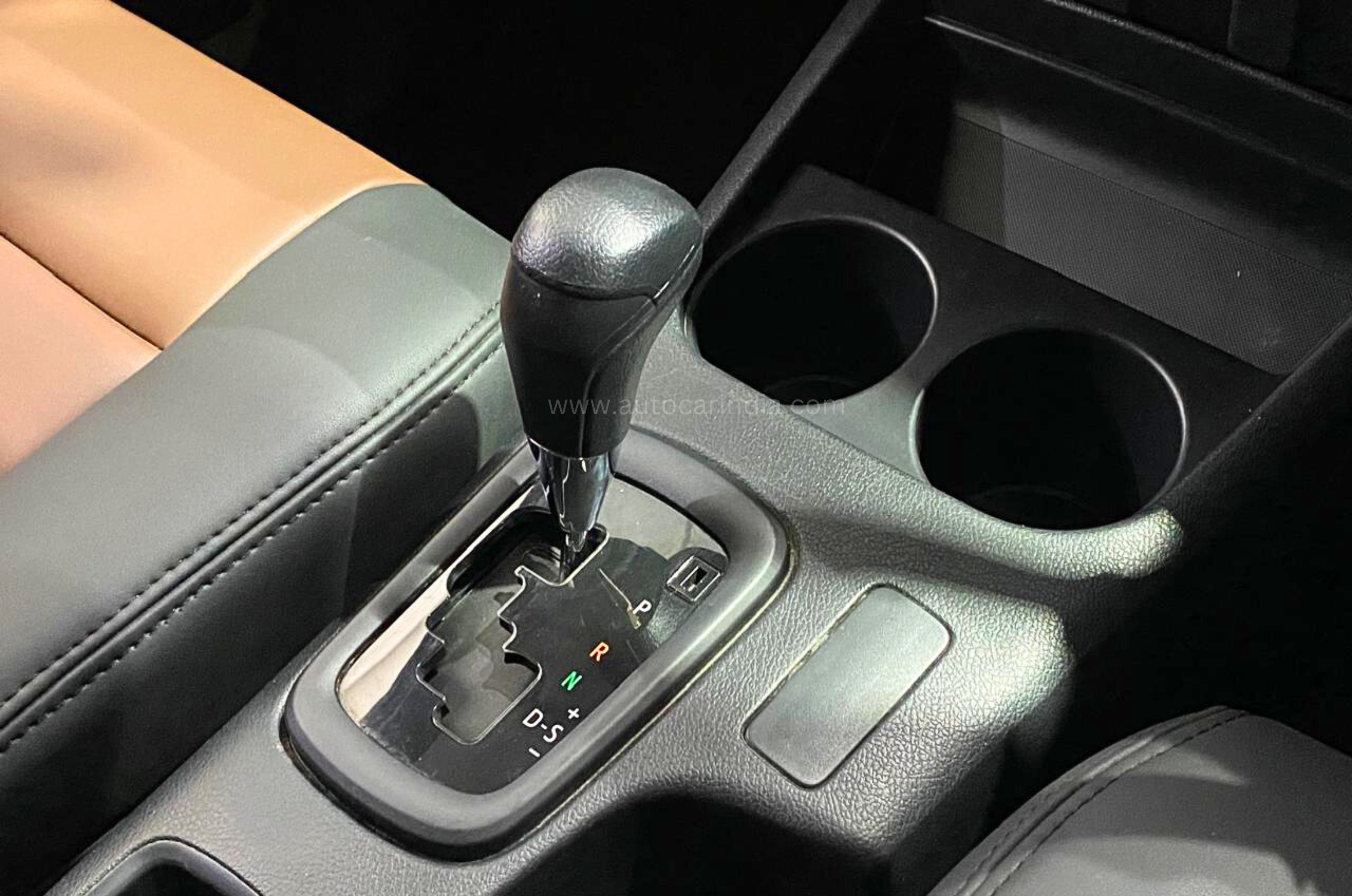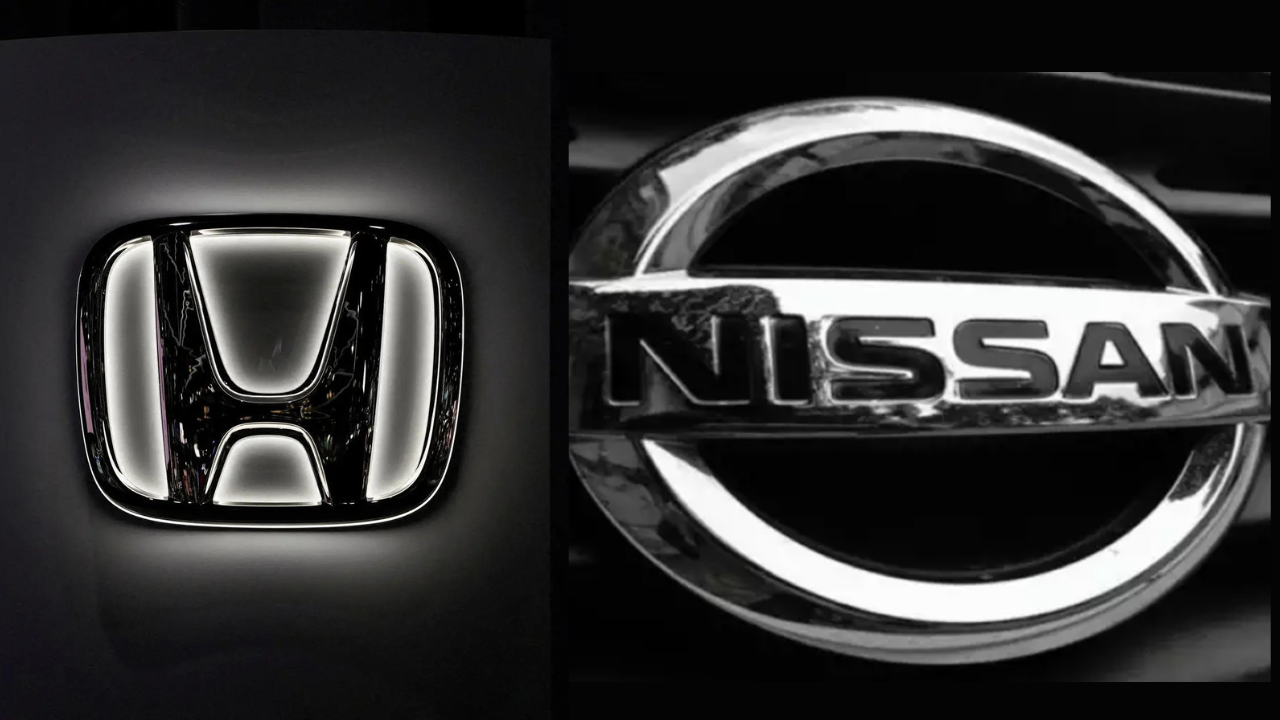 Honda and Nissan both need to invest billions of dollars on electric vehicles, said Jessica Caldwell, executive director of insights at Edmunds, a market research firm.
Honda and Nissan both need to invest billions of dollars on electric vehicles, said Jessica Caldwell, executive director of insights at Edmunds, a market research firm.Honda Motor and Nissan Motor, Japan’s second- and third-largest automakers, are discussing ways to deepen their ties, including the possibility of a merger that could restructure Japan’s car industry as it faces mounting global challenges.
Honda and Nissan began collaborating this year on the development of electric vehicles. Over several months, their discussions have expanded to the potential creation of a new corporation under which both automakers would operate, according to two people familiar with the matter who were not authorized to speak publicly.
A new joint entity could provide Honda and Nissan with the resources and scale necessary to navigate an industry under immense pressure from costly technological transitions and the rise of fast-growing Chinese automakers.
Last year, Honda sold 3.98 million vehicles and Nissan 3.37 million. Their combination could make them the world’s third-largest automaker group, behind their Japanese rival Toyota Group, which sold 11.23 million vehicles last year, and Volkswagen Group of Germany, which sold 9.23 million.
Nissan and Honda are expected to sign a memorandum of understanding within the next week to formally begin discussions of partnership-broadening steps, including the details of a potential merger, the people familiar with the matter said. No final decisions have been made, they said.
The companies said in statements that they were in talks. “As announced in March of this year, Honda and Nissan are exploring various possibilities for future collaboration, leveraging each other’s strengths,” they said. “We will inform our stakeholders of any updates at an appropriate time.”
Considering merging forces is a development that would have been largely unthinkable for the two storied Japanese automakers just a decade ago. It underscores the level of churn in the industry as automakers around the globe move away from the internal combustion engine, which has powered the vehicles they have produced for most of the past century.
Honda and Nissan both need to invest billions of dollars on electric vehicles, said Jessica Caldwell, executive director of insights at Edmunds, a market research firm.
“Moving forward in EVs is expensive, and some of the smaller players have to figure out how to pay for it,” she said. “And it’s harder than ever now, because sales of EVs are growing more slowly than people had expected just a few years ago.”
Nissan shares soared more than 20% during trading in Tokyo on Wednesday as investors reacted to the news about a potential merger. Honda’s shares fell slightly.
Honda, founded in 1948, has long pursued a go-it-alone approach, developing components like engines on its own and spurning globe-spanning alliances. But more recently, the amount of investment required to fund a shift toward battery-powered vehicles has led it to seek partnerships with companies including Sony in Japan and General Motors in the United States.
Established in 1933, Nissan in particular has struggled in recent years to keep up with the swiftly growing appetite for hybrid gas-electric vehicles in the United States and fully electric cars in China. Last month, Nissan unveiled deep cuts to its global operations and said it needed to take steps to speed up its development of new offerings in its core markets.
Japanese automakers, like their peers in the United States and Europe, are also facing intense competition from new, highly cost-competitive and technologically advanced rivals in China. After enjoying years of state support, Chinese makers of electric vehicles such as BYD are pushing deeper into Europe and Southeast Asia, where Japanese manufacturers have long dominated.
As the industry adapts to new market dynamics, automakers worldwide are forging more alliances. In September, GM said it would work with Hyundai of South Korea on internal combustion, electric and hydrogen-powered vehicles. Last month, Volkswagen said it would form a joint venture with Rivian, a California EV startup.
People at Honda and Nissan say the partnership could benefit both companies in a number of ways. Honda has a strong portfolio of fuel-efficient hybrid vehicle technologies and could benefit from Nissan’s contributions in building out its global battery supply chain.
Nissan also holds a large stake in Mitsubishi Motors, a smaller Japanese automaker. If a combined Nissan-Honda group is established, Mitsubishi will consider joining it, according to Japanese newspaper Nikkei, which earlier reported the merger discussions.
Automotive mergers often fail to deliver the synergies and profits that executives hope for. DaimlerChrysler split after nine years of a mostly unhappy marriage. Stellantis was formed in the 2021 merger of Fiat Chrysler and Peugeot, and the CEO who helped engineer the pairing, Carlos Tavares, resigned under pressure this month.
Nissan and French automaker Renault have been strategic partners for more than two decades, and both saw some benefits early on, but neither achieved the kind of growth and profitability levels that executives and analysts had expected. Last year, the companies agreed to take steps to unwind their alliance.





